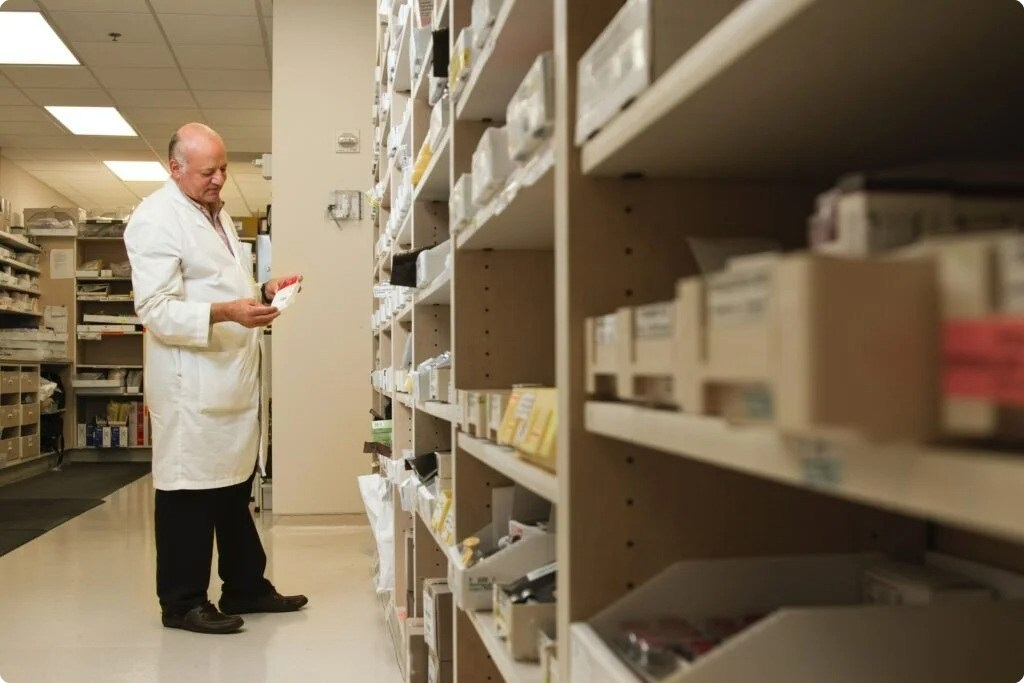Drugs from Canada

The U.S. Food and Drug Administration (FDA) on Friday, January 5th, approved Florida’s plan to import cheaper prescription drugs from Canada, marking a significant stride forward in a broader effort to rein in drug costs in the U.S. This is a first-in-the-nation move that could reduce costs for Americans but faces fierce opposition from the pharmaceutical industry. The FDA has also stated its commitment to working with other states seeking to import drugs from Canada.
Patients in the U.S. pay significantly more for medicines than they do in Canada and some other countries. Drug importation could open up a new and cheaper source of drugs beyond the retail and mail-order pharmacies that Americans typically rely on to fill prescriptions. Along with Florida, other states such as Colorado, North Dakota, and Vermont have their own drug importation plans in place, which will require FDA approvals.
However, Florida’s newly approved plan will likely face hurdles before it takes effect, including potential lawsuits from the pharmaceutical industry. Drugmakers have long argued that importation may introduce counterfeit medicines into the U.S. supply chain and harm patients — a concern the FDA previously raised because the agency cannot guarantee the safety of those drugs.
The FDA’s Friday approval appears to have guardrails that aim to mitigate potential safety issues. Before Florida can distribute Canadian drugs, the state must send the FDA details on the medications it plans to import, ensure that those treatments are not counterfeit or ineffective, and relabel those drugs to be consistent with FDA-approved labeling.
Florida must also submit quarterly reports to the agency about cost savings and potential safety issues, among other obligations. The FDA’s approval allows Florida to import drugs for two years from the date of the first drug shipment.
“These proposals must demonstrate the programs would result in significant cost savings to consumers without adding risk of exposure to unsafe or ineffective drugs,” FDA Commissioner Robert Califf said in a statement.
The pharmaceutical industry pushed back on the FDA’s move on Friday. Pharmaceutical Research and Manufacturers of America (PhRMA), the industry’s biggest lobbying group, called the FDA’s approval of Florida’s plan “reckless” and said it is considering “all options for preventing this policy from harming patients.”
Hopefully, this new plan can give some much needed relief to those who are reliant on the more expensive pharmaceuticals.